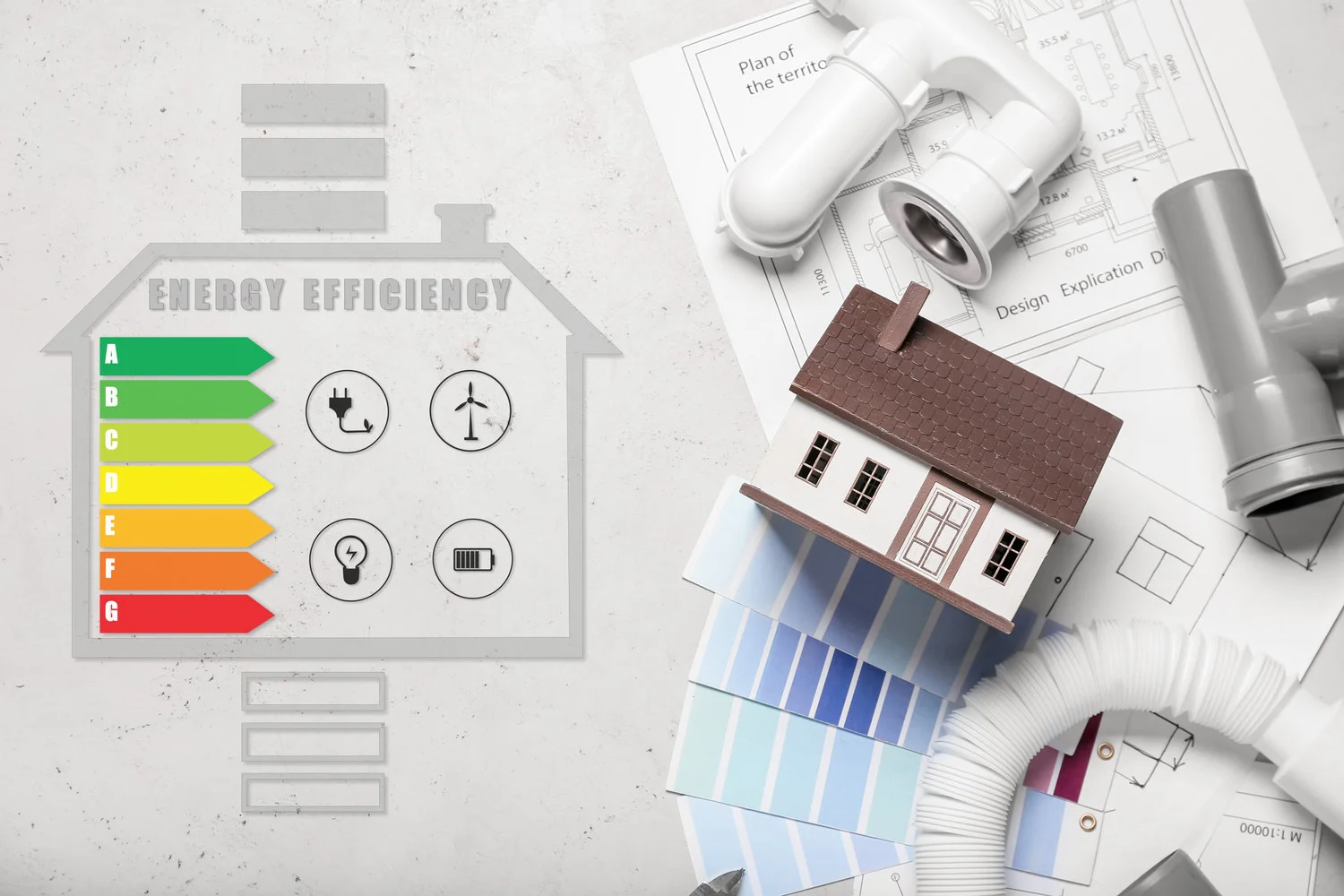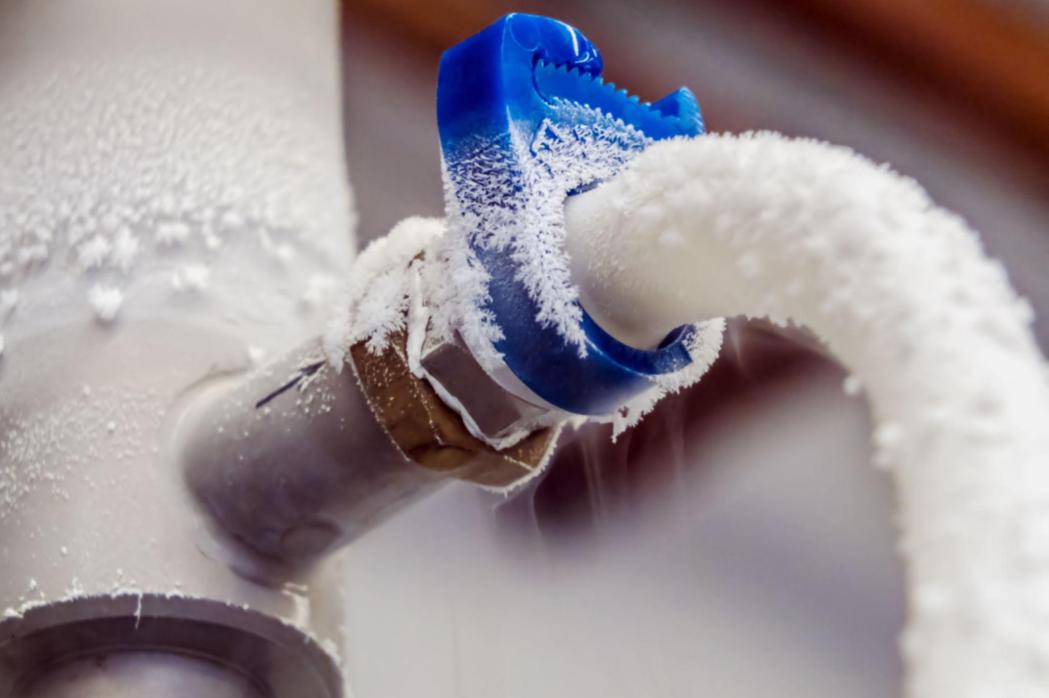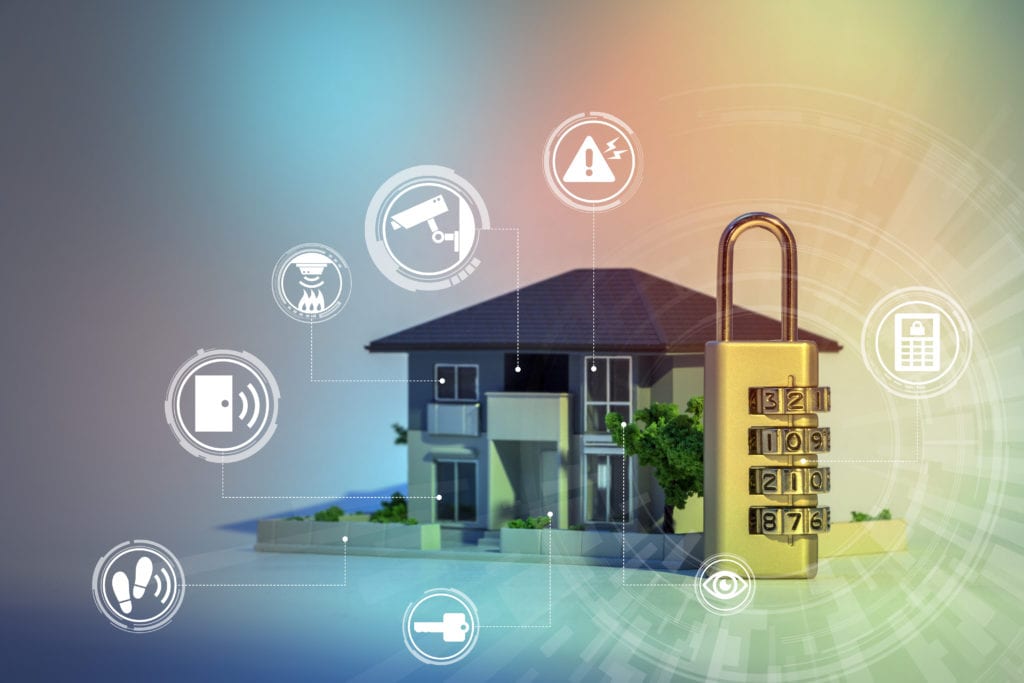As environmental awareness grows, Canadian homeowners are increasingly looking for ways to reduce their water consumption and energy usage. Energy-efficient plumbing solutions not only help conserve natural resources but also significantly lower household utility bills. Implementing these solutions in your home is a smart way to save water and money while contributing to a more sustainable future.
Here are some energy-efficient plumbing options to consider for your Canadian home.
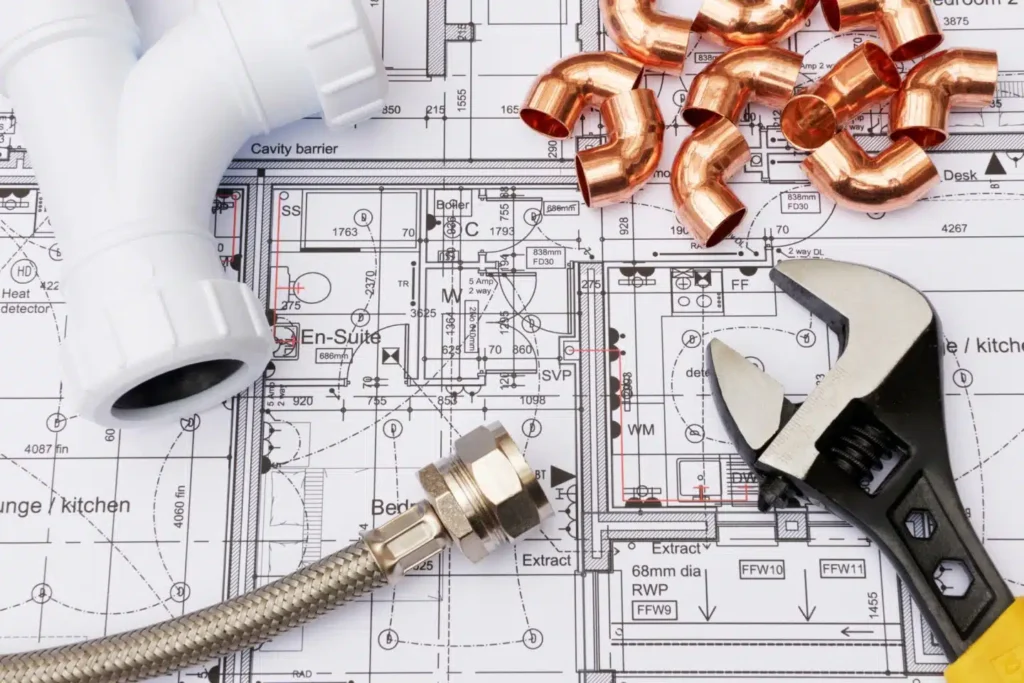
1. Low-Flow Fixtures
One of the simplest and most effective ways to reduce water usage in your home is by installing low-flow fixtures. These fixtures, such as faucets, showerheads, and toilets, are designed to use less water without sacrificing performance. They work by limiting the water flow while maintaining the same pressure, ensuring that you use only the amount of water necessary for daily activities.
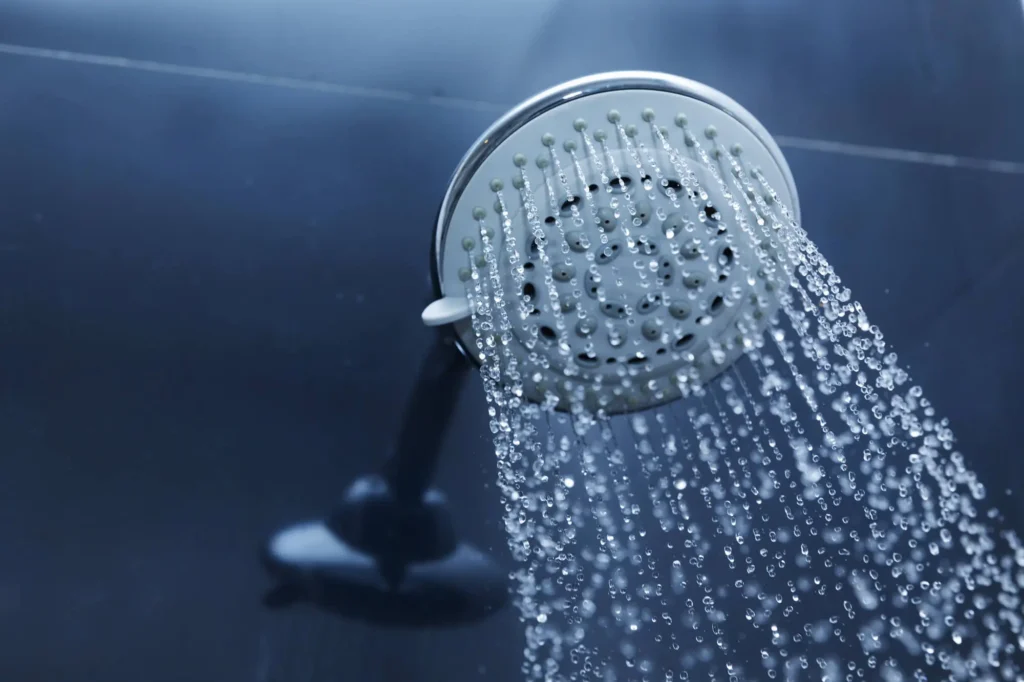
Types of Low-Flow Fixtures:
- Low-flow showerheads: These reduce water consumption during showers, using about 7.6 to 9.5 liters per minute, compared to older models that use up to 19 liters per minute.
- Low-flow faucets: These reduce water usage in kitchens and bathrooms, often cutting consumption by up to 30%.
- Dual-flush toilets: These toilets offer two flush options—one for liquid waste and a stronger flush for solid waste—significantly reducing water consumption compared to traditional toilets.
Benefits:
- Lower water bills
- Reduced water waste
- Simple installation process
2. Tankless Water Heaters
Traditional water heaters continuously heat and store large volumes of water, which can be wasteful, especially when hot water is not needed throughout the day. Tankless water heaters, on the other hand, only heat water as it’s needed, eliminating the need for a large tank and reducing standby heat loss.
How It Works:
- Tankless water heaters use electric coils or gas burners to heat water instantly when you turn on the faucet or shower.
- Water is heated on demand, so you only use energy when you need hot water.
Benefits:
- Up to 30% more energy-efficient than conventional water heaters
- Unlimited hot water supply
- Saves space due to the compact design
- Longer lifespan compared to tank water heaters
Tip: While the initial cost of a tankless water heater is higher than that of a traditional tank system, the energy savings over time make it a worthwhile investment for homeowners looking to reduce their energy consumption.
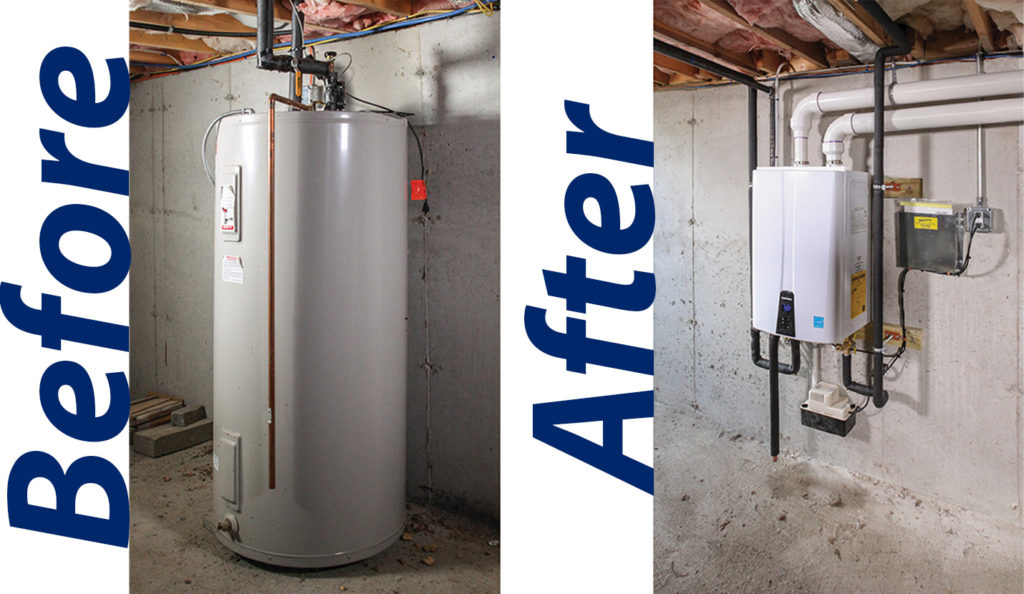
3. Greywater Recycling Systems
Greywater is gently used water from sources like sinks, showers, and laundry machines. Instead of letting it go to waste, greywater recycling systems treat and reuse this water for non-potable purposes such as irrigation, toilet flushing, and landscaping.
How It Works:
- Greywater from your home is collected, filtered, and treated through a greywater system.
- Once treated, this water can be reused for tasks like watering plants, reducing the demand for fresh water.
Benefits:
- Reduces the need for fresh water by reusing water that would otherwise go down the drain
- Cuts water bills, especially in homes with large lawns or gardens
- Environmentally friendly by conserving fresh water resources
Tip: Greywater systems are ideal for homes in regions with water restrictions or high water usage, allowing homeowners to be more self-sufficient with their water supply.
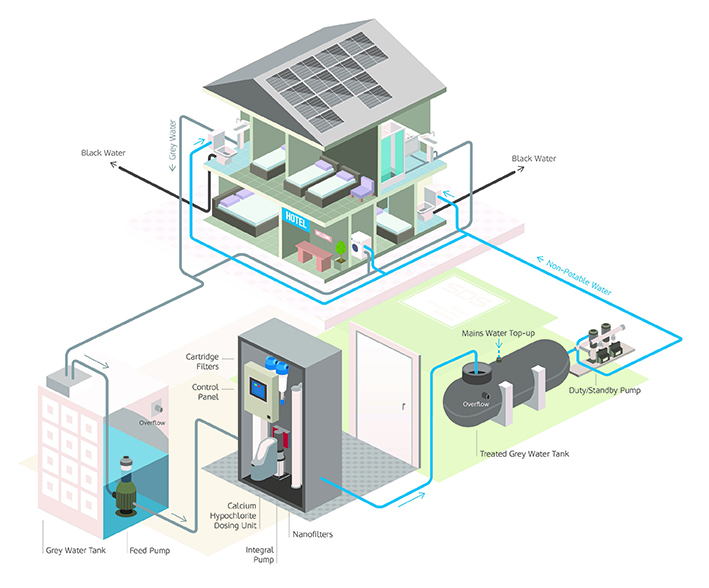
4. Rainwater Harvesting Systems
Rainwater harvesting is another effective way to conserve water and reduce reliance on municipal water supplies. This system captures rainwater from rooftops and stores it in tanks for later use in non-potable applications, such as lawn irrigation, toilet flushing, or washing vehicles.
How It Works:
- Gutters and downspouts direct rainwater into storage tanks.
- Filters are used to remove debris and contaminants before the water is stored for future use.
Benefits:
- Free source of water for outdoor and non-potable uses
- Reduces demand on municipal water supplies
- Can help mitigate flooding or runoff issues during heavy rains
Tip: While rainwater is typically used for non-drinking purposes, with proper filtration and treatment, it can also be used as drinking water in areas with low municipal water availability.
5. Solar Water Heating Systems
Solar water heating systems use the sun’s energy to heat water for household use. These systems are a highly energy-efficient option for Canadian homes, especially in areas that receive ample sunlight. Solar water heaters work alongside your existing water heater, reducing the need for gas or electricity to heat water, particularly in warmer months.
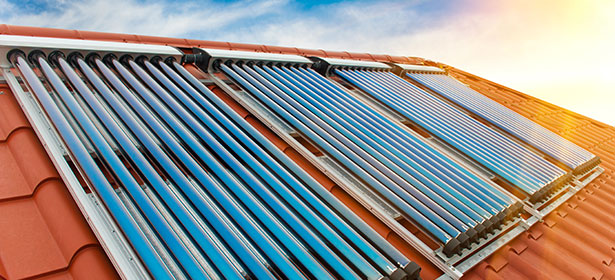
How It Works:
- Solar panels (collectors) are installed on the roof, where they absorb sunlight.
- The collected solar energy heats a fluid that runs through pipes, transferring heat to your water tank.
Benefits:
- Reduces energy bills by using renewable energy
- Environmentally friendly, with lower carbon emissions
- Long-lasting system with low maintenance requirements
Tip: Solar water heating systems are ideal for homeowners looking to drastically reduce their energy consumption and environmental impact. Government rebates and incentives are often available to help offset the installation costs.
6. High-Efficiency Water Heaters
For homeowners who may not be ready to invest in tankless or solar water heaters, upgrading to a high-efficiency conventional water heater is a practical step toward energy conservation. These water heaters are designed to use less energy by improving heat retention and insulation.
Types of High-Efficiency Water Heaters:
- Electric heat pump water heaters: These use heat from the air to heat water, making them much more efficient than traditional electric water heaters.
- Condensing gas water heaters: These models capture and reuse heat that would otherwise be lost, reducing energy consumption.
Benefits:
- Significantly lower energy usage compared to standard models
- Reduces energy bills without sacrificing performance
- Works with existing plumbing systems
7. Smart Water Monitoring Systems
Smart water monitoring systems allow you to track your water usage in real-time, helping you identify leaks, inefficient appliances, or excessive water use. These systems can send alerts to your smartphone if an issue arises, enabling quick action to prevent water waste or damage.
How It Works:
- Sensors installed in your plumbing system monitor water flow and usage.
- The system detects irregularities, such as leaks or excessive water use, and sends alerts to your phone.
Benefits:
- Prevents water damage by identifying leaks early
- Helps reduce water consumption by highlighting inefficient water use
- Provides insight into your household’s water habits, allowing for better conservation practices
Tip: Installing a smart water monitoring system can give you more control over your water usage and help you make informed decisions about water conservation.
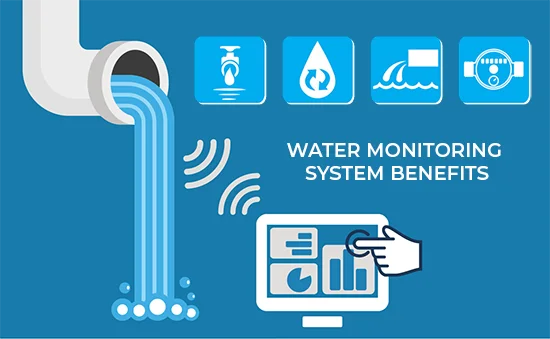
Final Thoughts
Energy-efficient plumbing solutions offer a variety of ways for Canadian homeowners to save water, reduce energy consumption, and lower utility bills. From simple upgrades like low-flow fixtures to more comprehensive systems like solar water heaters and greywater recycling, these solutions are not only eco-friendly but also financially beneficial in the long run. By investing in these plumbing technologies, you can create a more sustainable home and help protect Canada’s natural resources for future generations.

